Global Digital Inclusion: Progress to Parity Scorecard 2022
The under-representation of women in high-paying STEM roles is a vexing issue that exposes a systemic inertia across the industry.
The under-representation of women in high-paying STEM roles is a vexing issue that exposes a systemic inertia across the industry.
The Infrastructure Investment and Jobs Act allocates $65B to expand US broadband. We advocate a "people over miles" approach for equitable access.
Value storage has costs: US cash notes at $0.26 each vs. Bitcoin's $70 per coin CO2. Despite Bitcoin's higher cost, cash notes' total impact ($12.9B USD) far exceeds Bitcoin's ($1.3B USD).
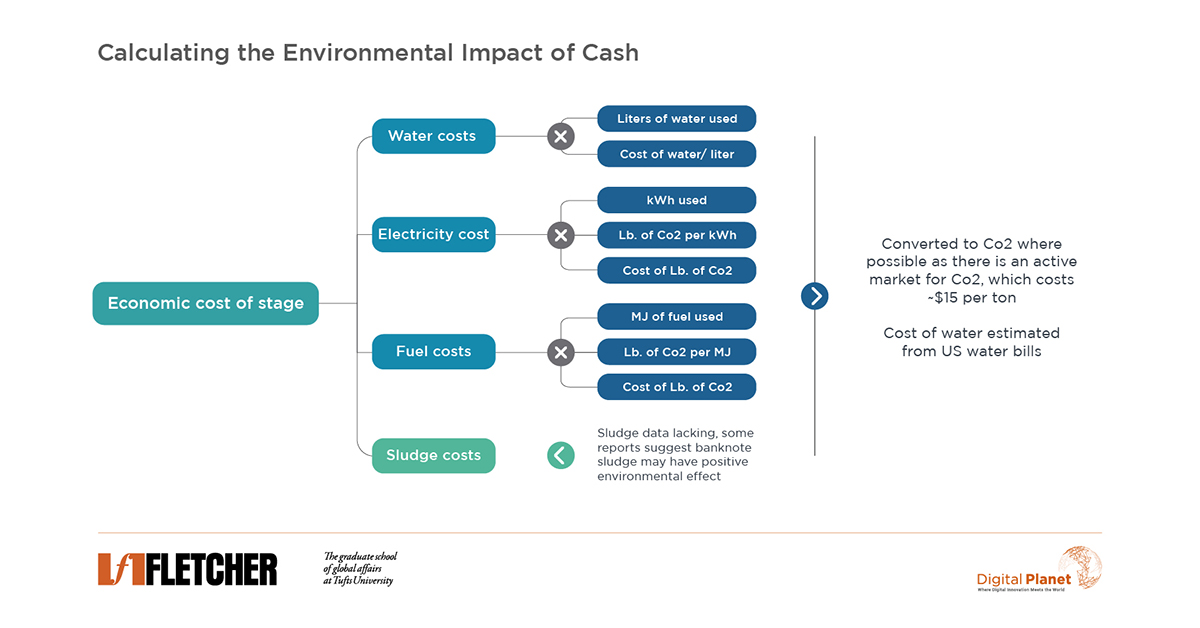
Value storage has costs: US cash notes at $0.26 each vs. Bitcoin’s $70 per coin CO2. Despite Bitcoin’s higher cost,
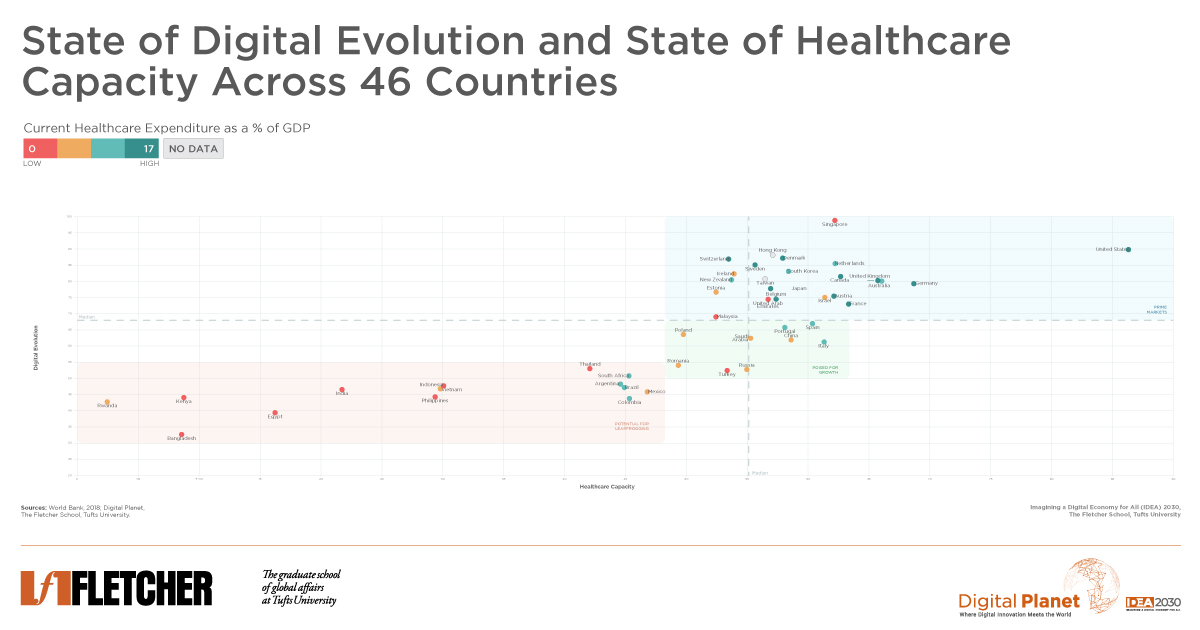
Global healthcare digitization varies wildly. Our study in 46 countries identifies virtualized healthcare opportunities, enabling lagging nations to leapfrog with digital tools for quality care.
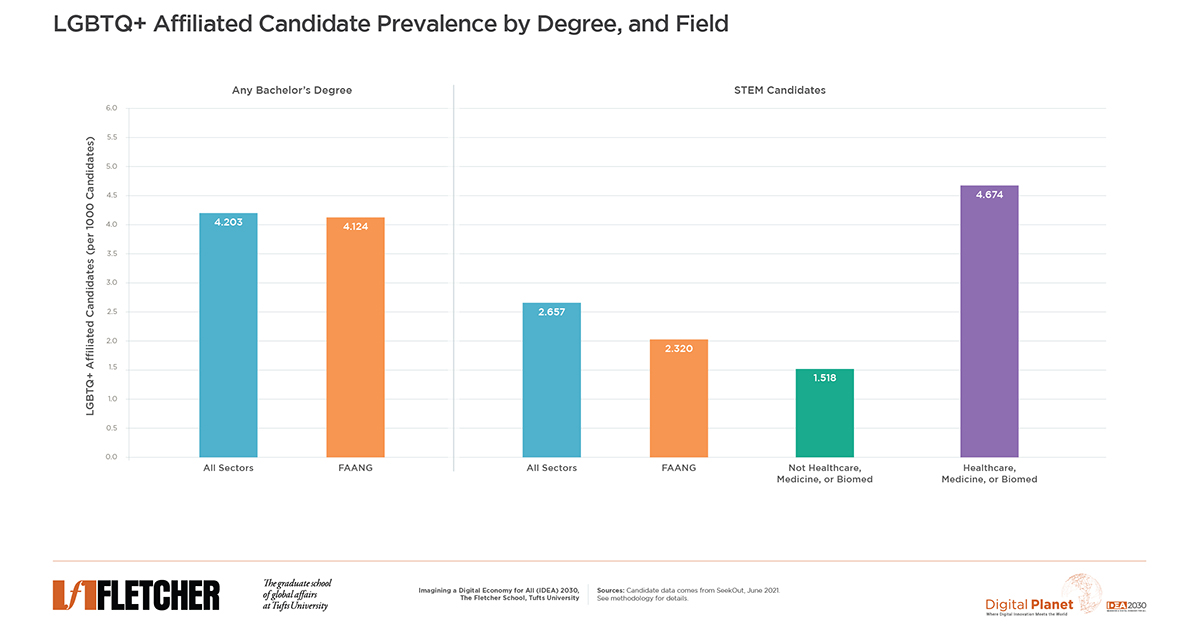
Digital Planet explores LGBTQ+ solidarity in STEM for Pride Month. STEM grads express less LGBTQ+ on resumes. Women in STEM are twice as likely as men to affiliate with the gay community.
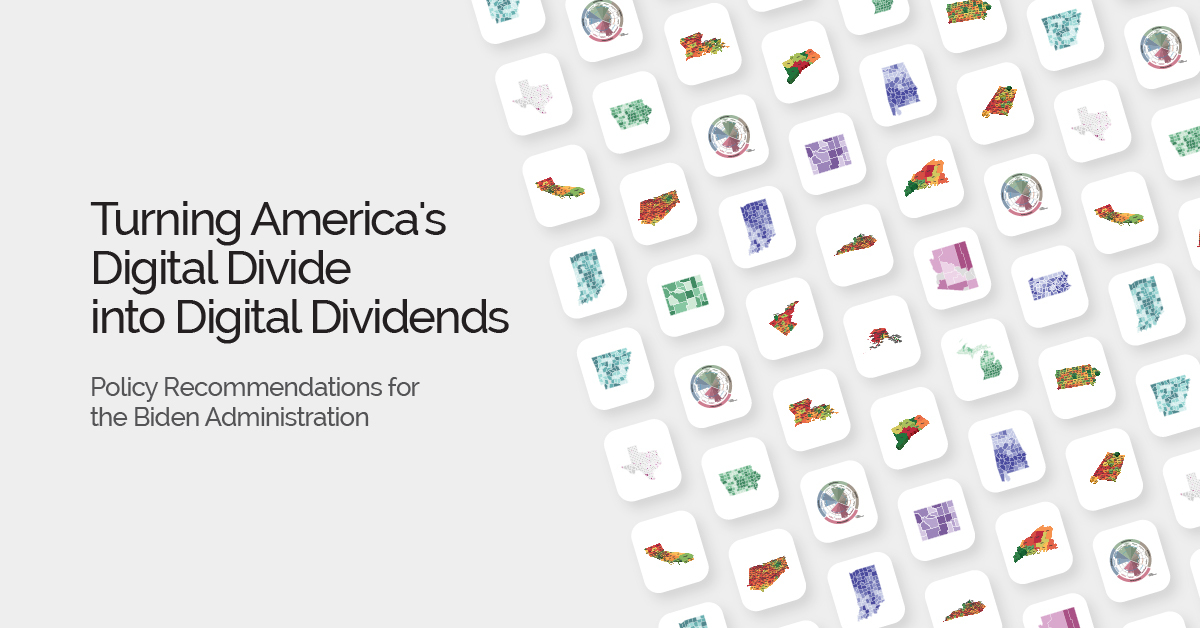
The US digital divide has sparked division. The Biden-Harris administration can bridge gaps, review access, inclusion, institutions, and digital proficiency for transformative change in a recovering economy.
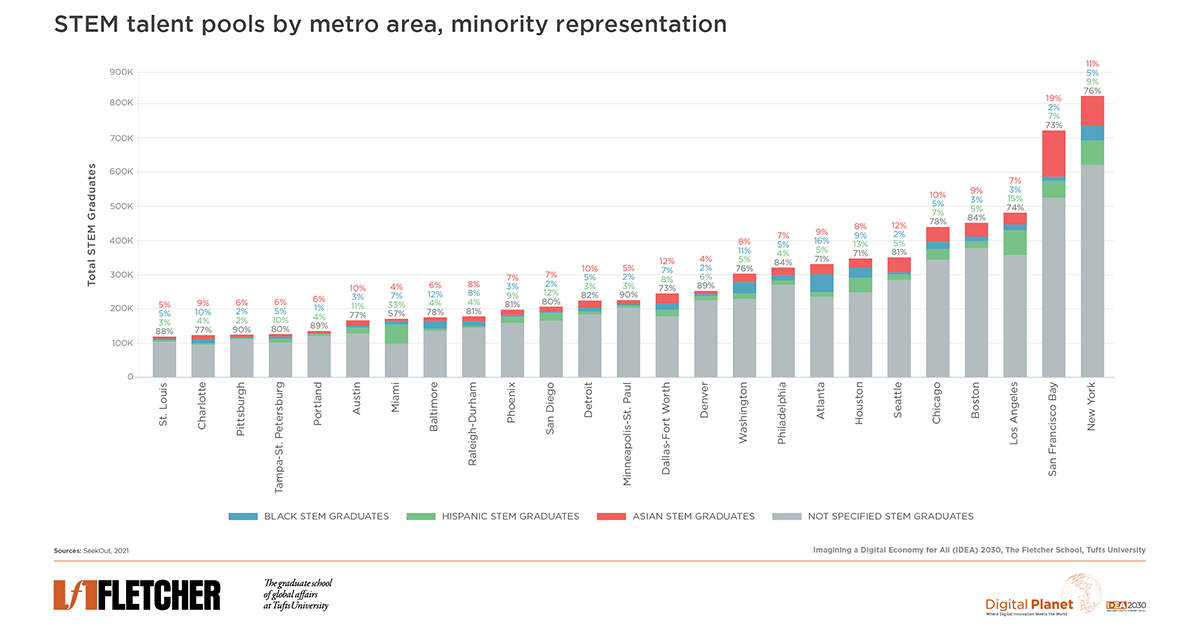
In the evolving work landscape, how can we boost under-represented talent (e.g., Black, Hispanic, female) in high-demand roles? Where can organizations find these diverse pools in major U.S. metro areas?
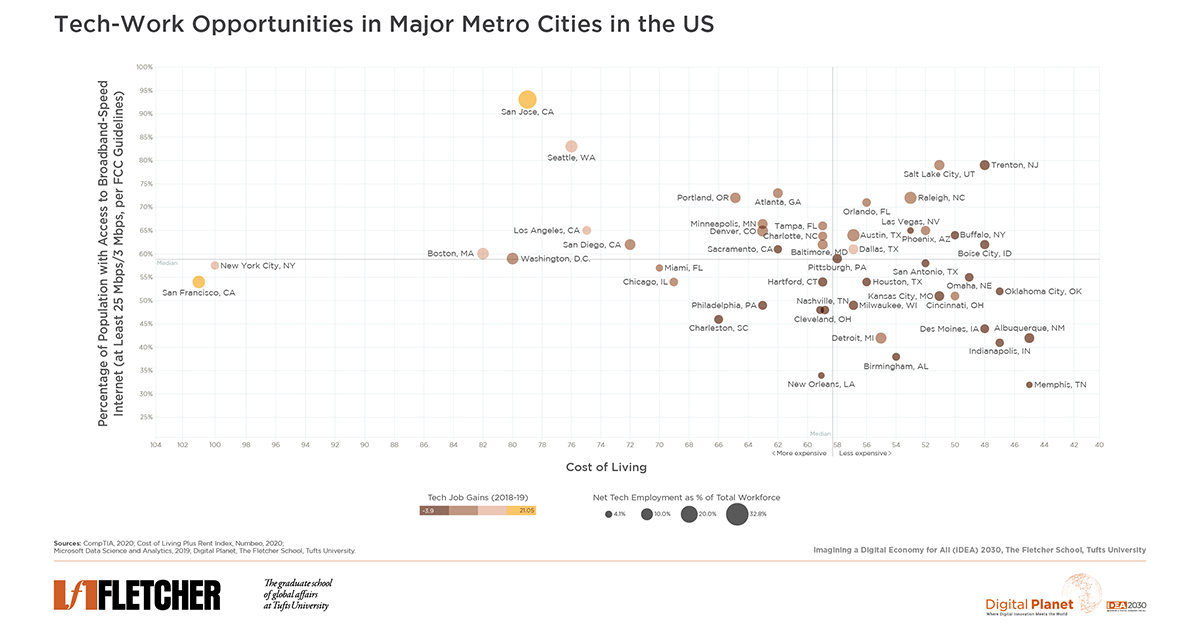
US States expanded telehealth, yet 16 of them face challenges with subpar broadband, hindering digital healthcare access.
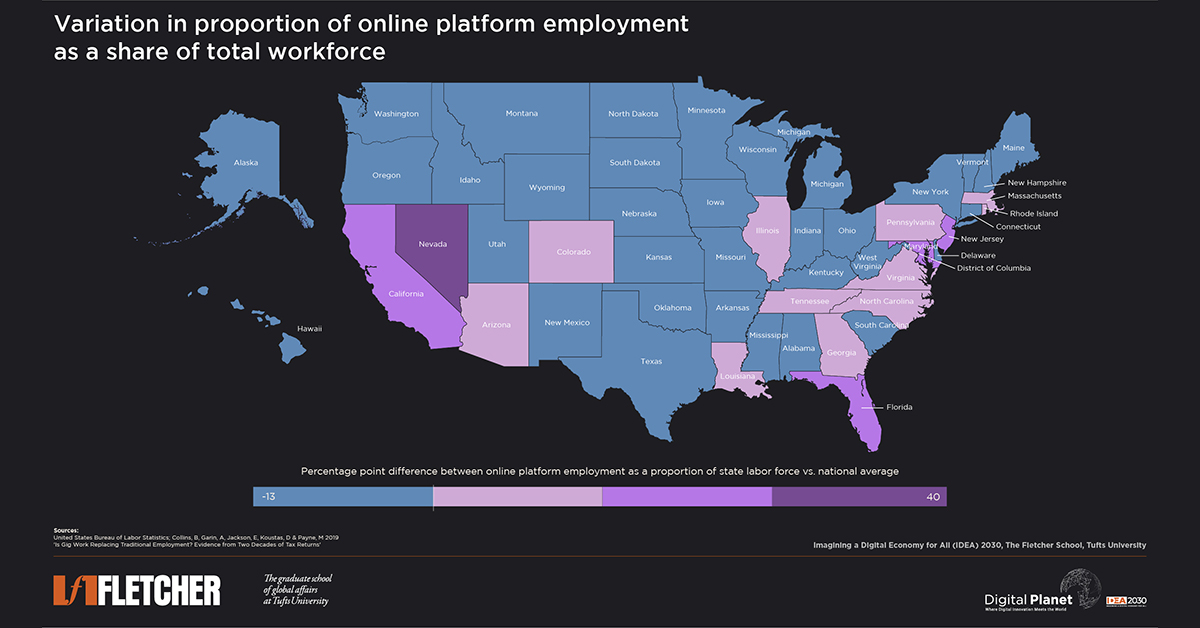
Digitally ready states thrived during the pandemic, leveraging gig workers for essential services. Yet, it revealed disparities and vulnerabilities in the gig economy.
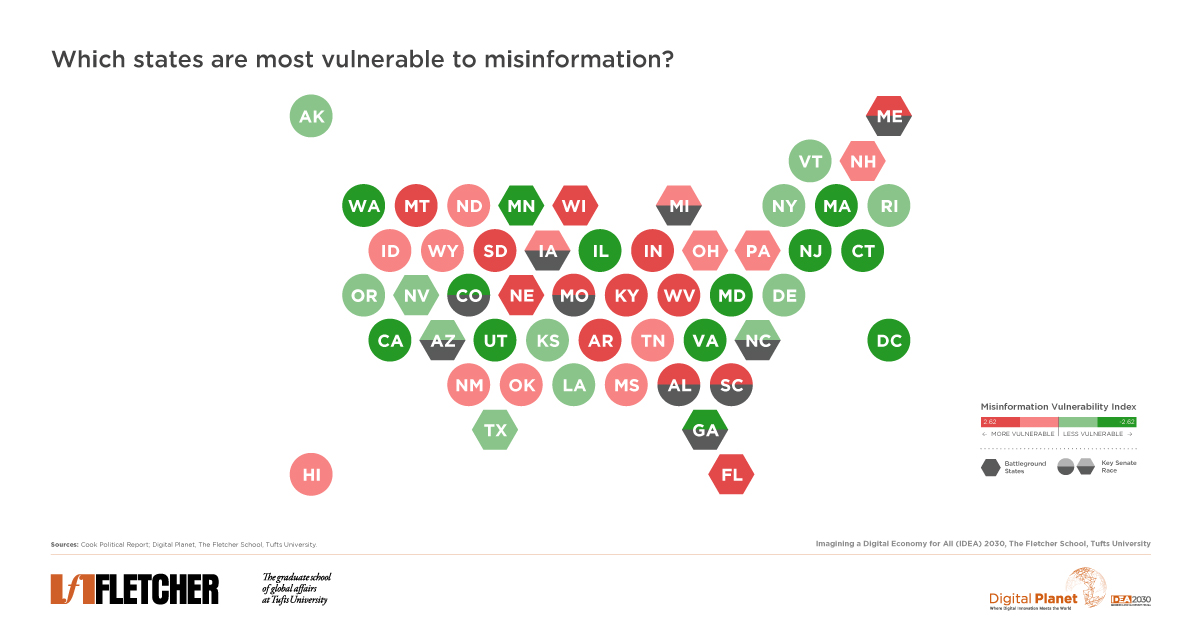
US parties race, relying on digital platforms. Public dependence on social media for news raises concerns about misinformation amid the COVID-19 pandemic, fueling a surge in digital crime.
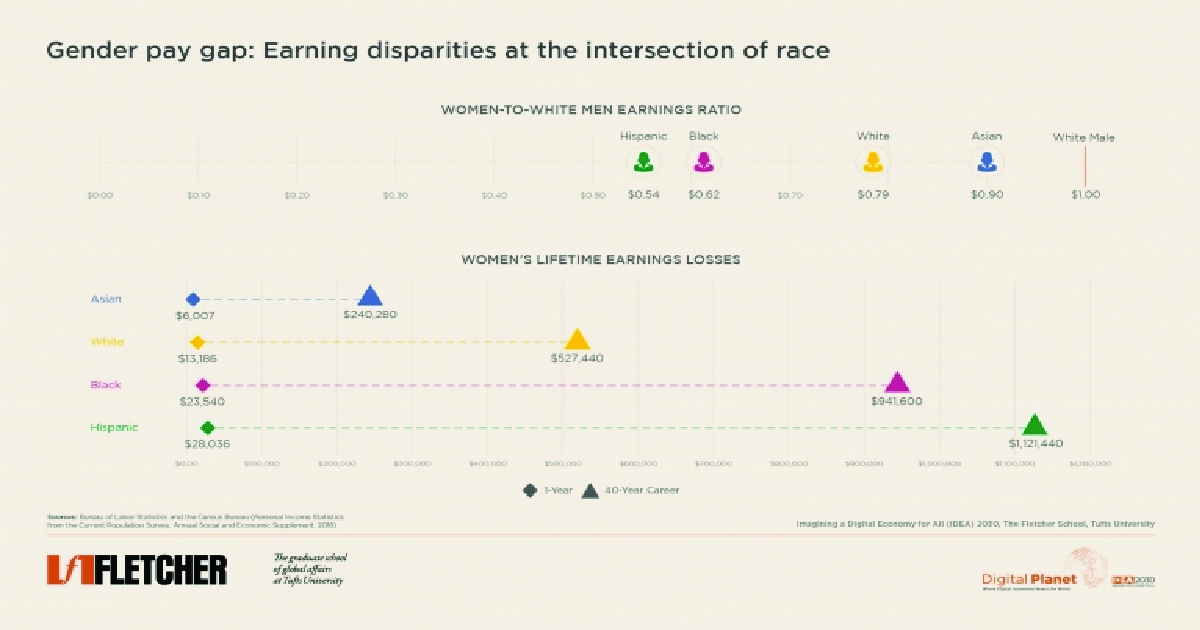
US women earn 82¢ for every dollar men make, worsened by race and education factors.
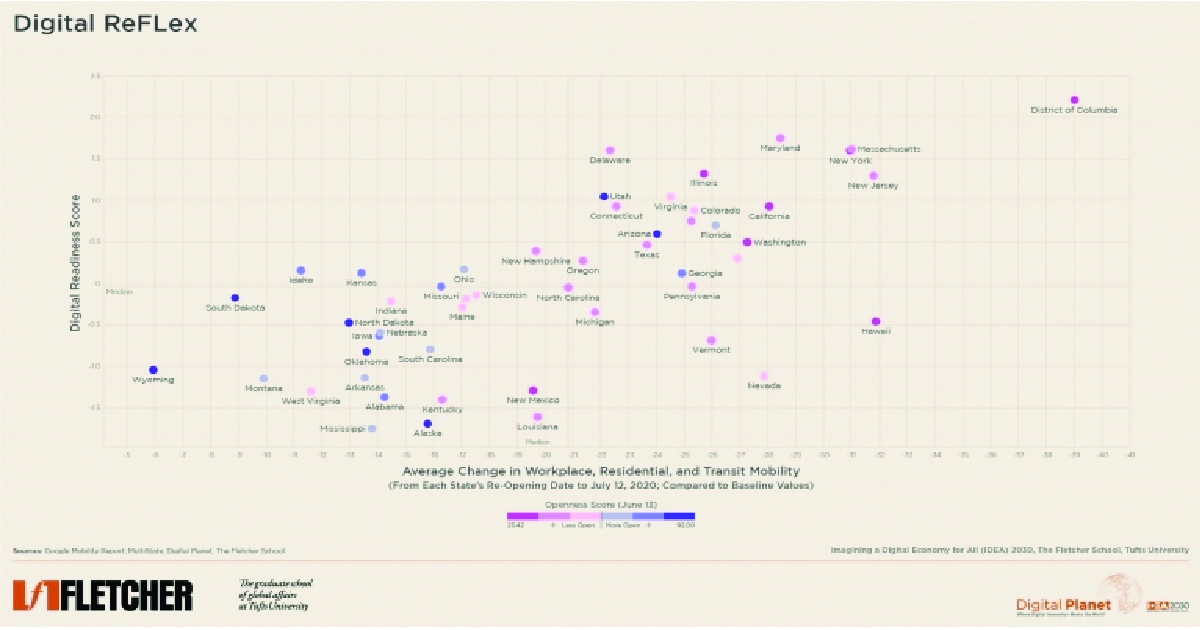
States, amid surging virus, reverse reopenings. Digital-ready states endure lockdowns better, with strict distancing measures for effective COVID-19 control.